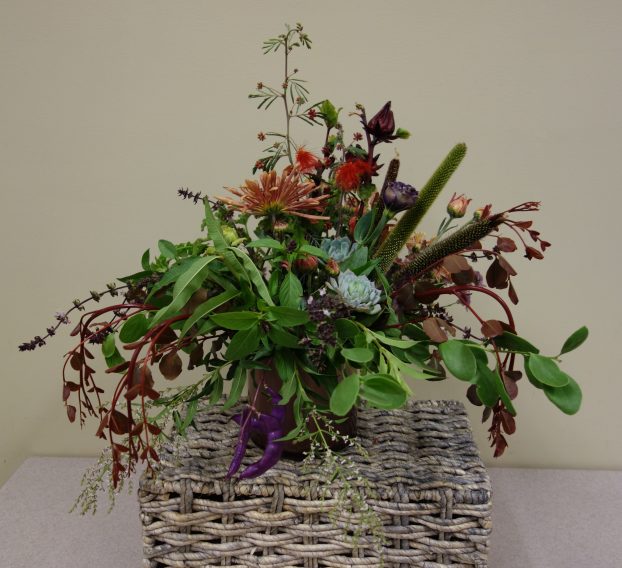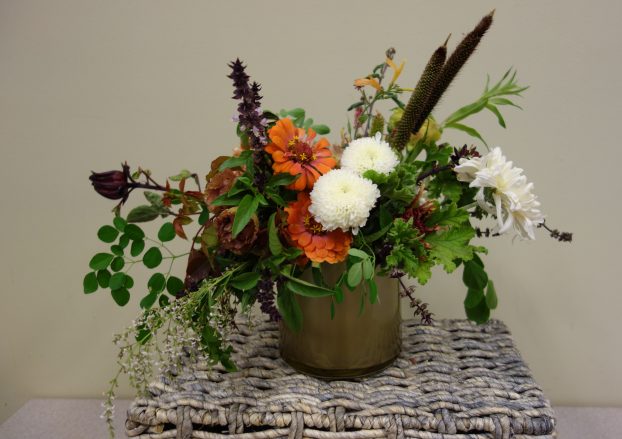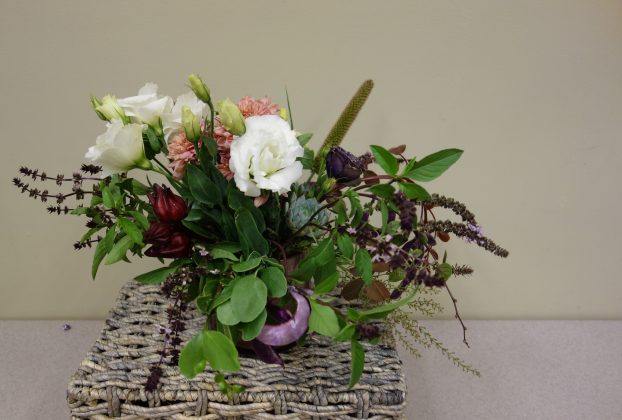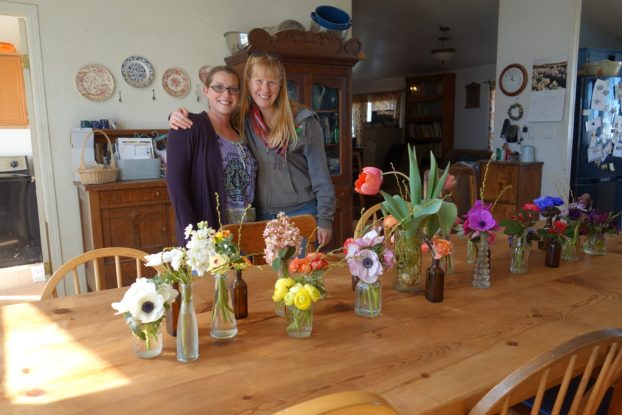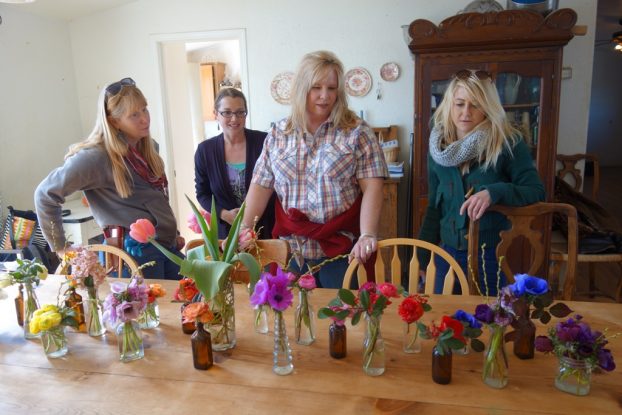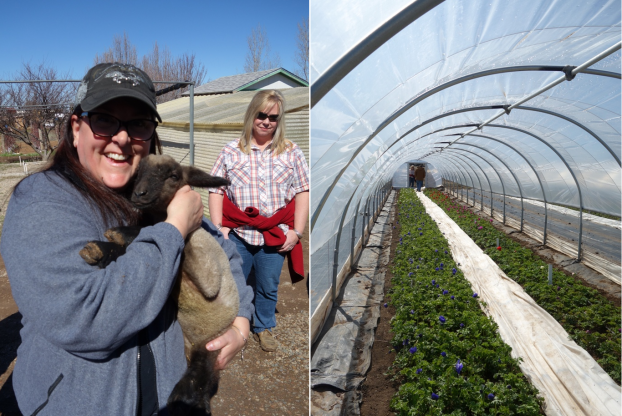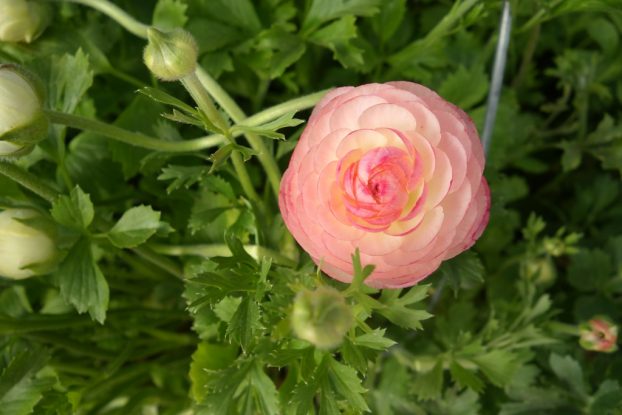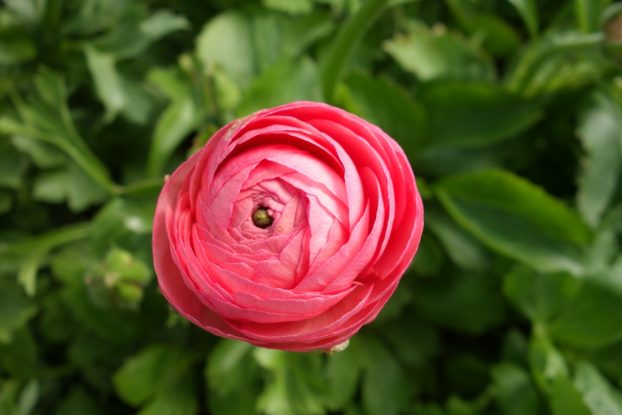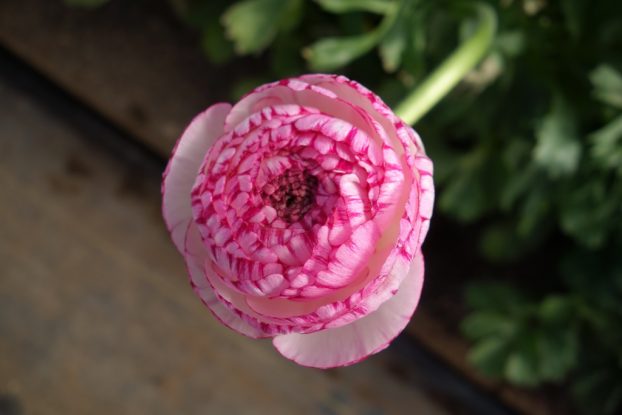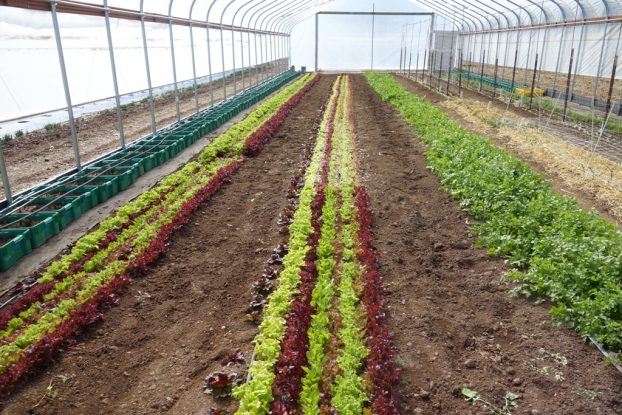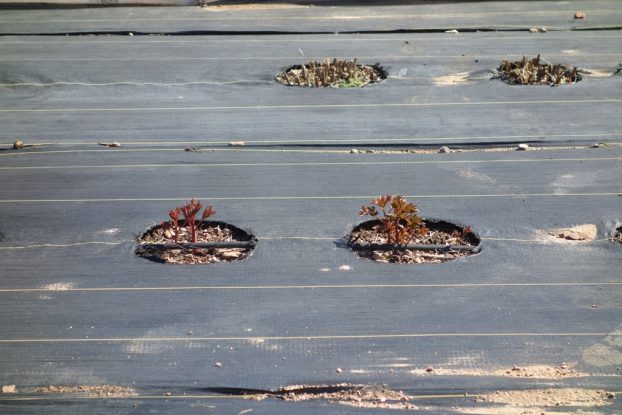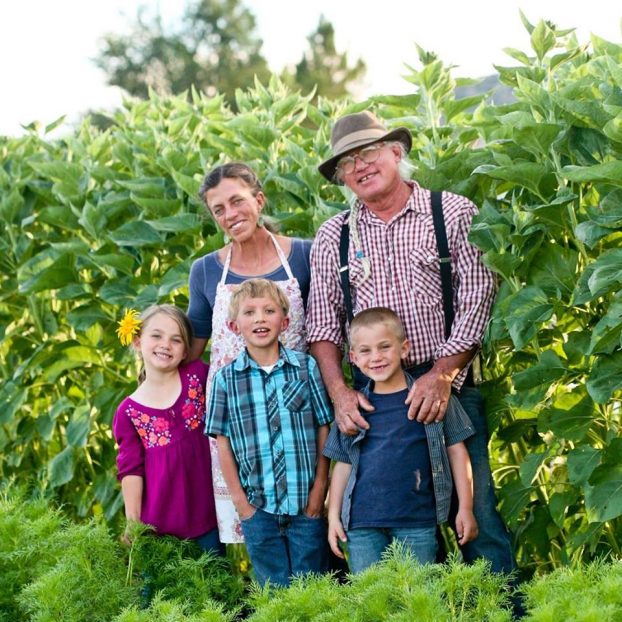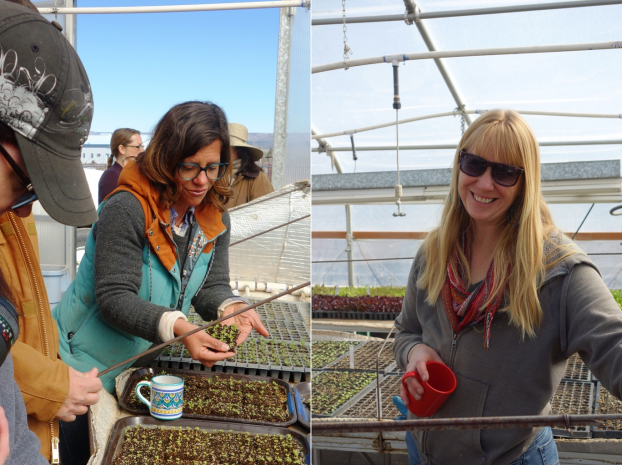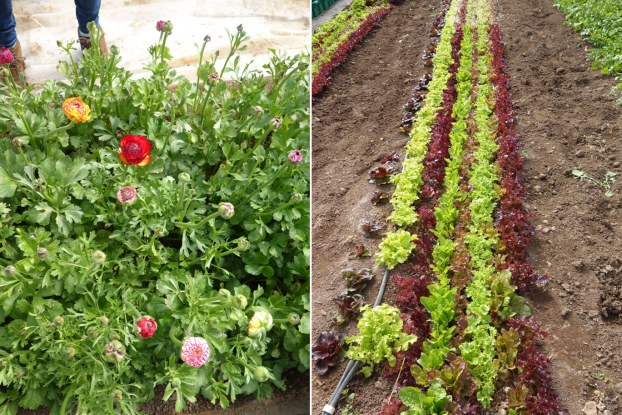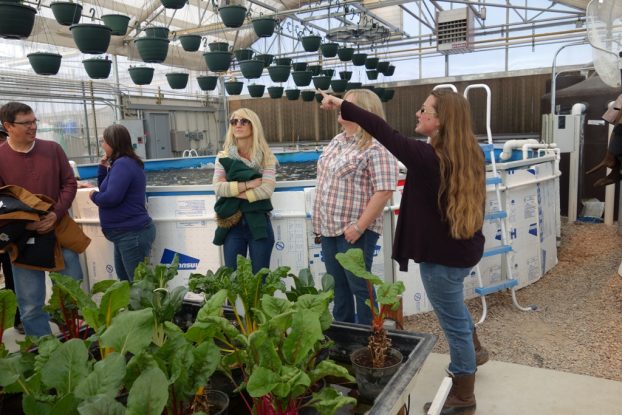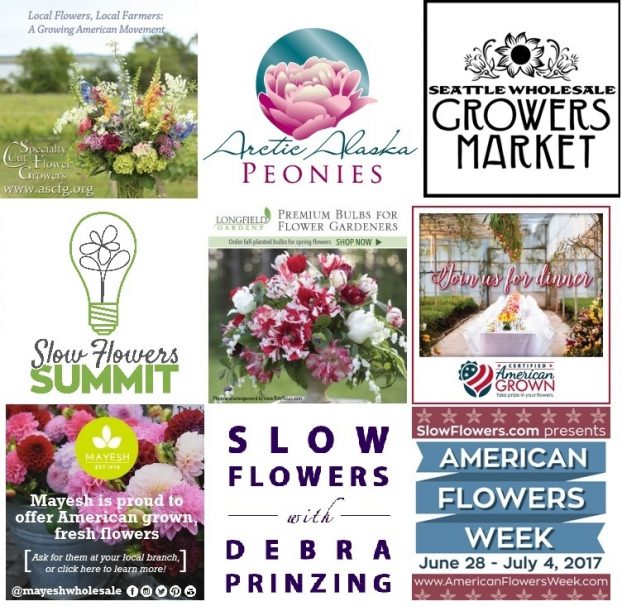Podcast: Play in new window | Download
Subscribe: Apple Podcasts | Podcast Index | RSS | More
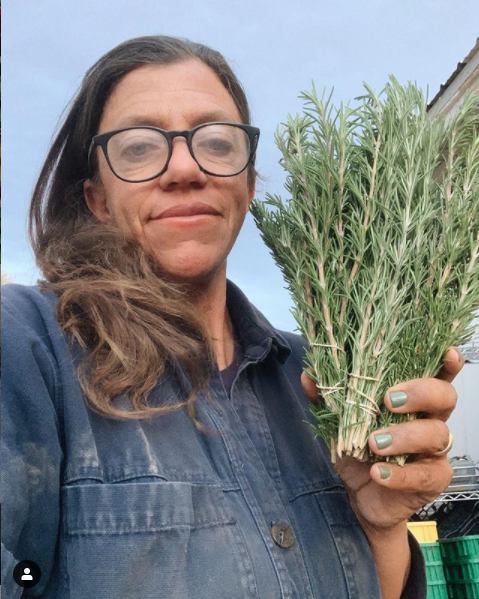
Can you believe we are saying good-bye to 2020 very soon?! It has been a year unlike no other and the Slow Flowers Podcast has been a channel for highlighting, sharing, encouraging and challenging all that our community has faced – from silver linings and pivots to resiliency and change. We are the Voice of the Slow Flowers Movement, focusing each week on the business of flower farming and floral design.
One of my goals for 2020 was to feature voices of leadership from our strategic partner and Slow Flowers sponsor, the Association of Specialty Cut Flower Growers. We got lucky with timing and managed to schedule nearly all of those conversations this year, despite all the distractions.
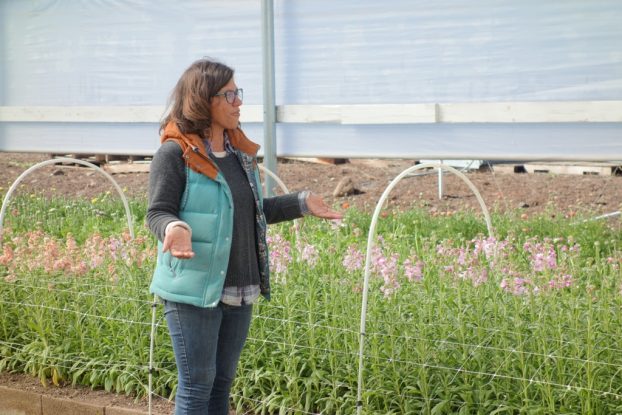
Today, you will meet (or re-meet, since she is a past guest of this podcast), Shanti Rade of Whipstone Farm in Paulden, Arizona.
Shanti represents ASCFG in the “South and Central” Region, comprised of eight states: Arizona, where she is based, as well as Arkansas, Colorado, Louisiana, New Mexico, Oklahoma, Texas and Utah.
In February 2017, I visited my parents in Mesa, Arizona, and during that time, I gathered with a group of Slow Flowers members on a tour of Whipstone Farm. It was such a fabulous day-trip, taken with Morgan Anderson of The Flori.Culture and Anne Jensen of Anne E’s Garden Fresh Flowers — we drove up north, about 115 miles away from the metro area of Phoenix-Scottsdale, and arrived at the high desert food and flower farm operated by Cory and Shanti Rade.
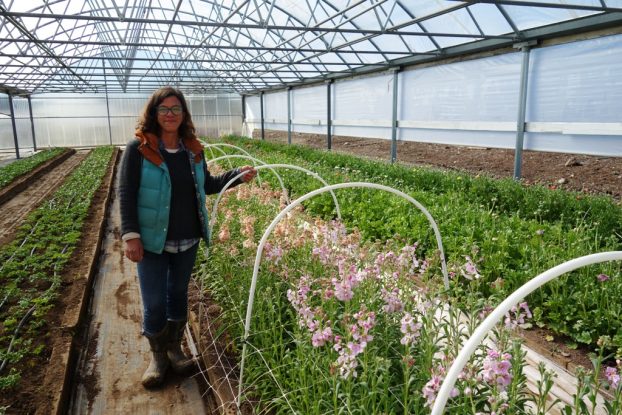
You can hear the episode that Shanti and I recorded that day, as we sat inside the cozy and sunny high tunnel where her ranunculus grew. It’s a great introduction to this experimental and creative flower grower who has developed a market for local flowers through trial and error, and excellent product.
So this episode you’ll hear today offers a great update. Shanti and I discussed what Whipstone Farm looks like today and all the changes that have taken place due to the COVID-19 pandemic.
As we touch on the highs and lows of 2020, what emerges is a year that Shanti and Cory can be proud of. Some of their markets and channels have changed; how they interact with the public and wholesale customers has changed; how their family lives have changed. And yet, the flowers and vegetable crops keep going; the seasons march on; there are CSA boxes filled with delicious, healthy food and vases for fresh, local and seasonal flowers.
You will enjoy this conversation and, I believe, join Shanti and me as we marvel at how much each of us has been able to accomplish by just “figuring it out.”
Find and follow Whipstone Farm on Facebook
Find and follow Whipstone Farm on Instagram
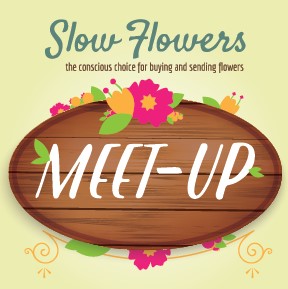
You’re Invited to join us on Friday, December 11th at the Slow Flowers Virtual Meet-Up for December.
The meeting takes place via Zoom at 9 am Pacific/Noon Eastern — click on the button below to join us!
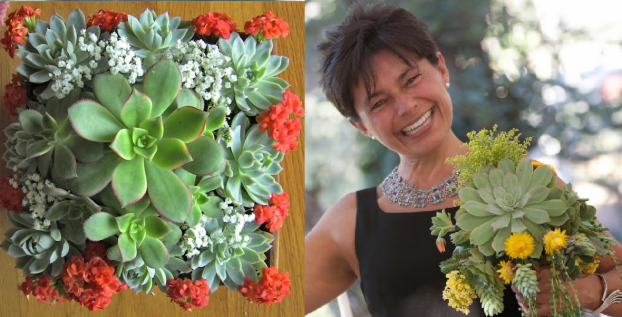
You’ll meet one another and hear from our special guest for DECEMBER: Marialuisa Kaprielian, owner of Urban Succulents, as we talk with her about growing & designing with Succulents!
This monthly gathering is just one of the many benefits of your Slow Flowers Membership, giving you resources to share your story of creativity, sustainability and collaboration.
Johnny’s Selected Seeds has shared some fun items with us for giveaways and you might win a few packages from our favorite seed company if you join this Friday’s Slow Flowers Member Virtual Meet-Up.
And PS, there will be other giveaways as part of our monthly Zoom gathering. But you have to attend to have your name included in the random drawing for the goods!
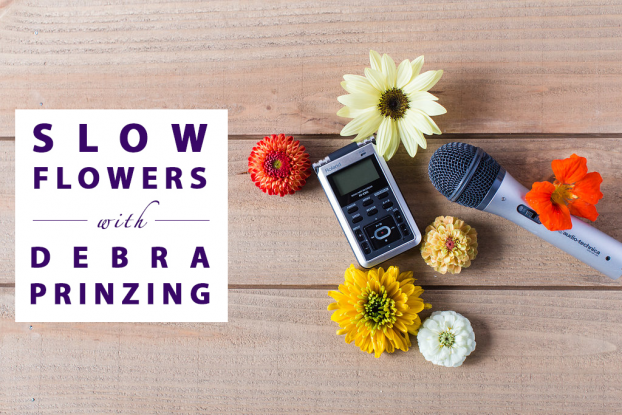
The Slow Flowers Podcast has been downloaded more than 667,000 times by listeners like you. Thank you for listening, commenting and sharing – it means so much.
As our movement gains more supporters and more passionate participants who believe in the importance of the American cut flower industry, the momentum is contagious. I know you feel it, too. I value your support and invite you to show your thanks and with a donation to support my ongoing advocacy, education and outreach activities. You can find the donate button in the column to the right.
Thank you to our Sponsors


This podcast is brought to you by Slowflowers.com, the free, nationwide online directory to florists, shops, and studios who design with American-grown flowers and to the farms that grow those blooms. It’s the conscious choice for buying and sending flowers.
Our first sponsor thanks goes to Syndicate Sales, an American manufacturer of vases and accessories for the professional florist. Look for the American Flag Icon to find Syndicate’s USA-made products and join the Syndicate Stars loyalty program at syndicatesales.com.
Our next sponsor thanks goes to Johnny’s Selected Seeds, an employee-owned company that provides our industry the best flower, herb and vegetable seeds — supplied to farms large and small and even backyard cutting gardens like mine. Find the full catalog of flower seeds and bulbs at johnnysseeds.com.
Our final sponsor thanks goes to Mayesh Wholesale Florist. Family-owned since 1978, Mayesh is the premier wedding and event supplier in the U.S. and we’re thrilled to partner with Mayesh to promote local and domestic flowers, which they source from farms large and small around the U.S. Learn more at mayesh.com.
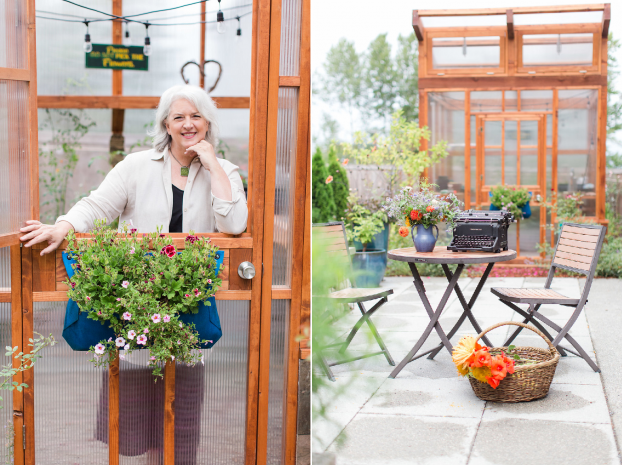
I’m Debra Prinzing, host and producer of the Slow Flowers Podcast. Next week, you’re invited to join me in putting more American grown flowers on the table, one vase at a time. And If you like what you hear, please consider logging onto iTunes and posting a listener review.
The content and opinions expressed here are either mine alone or those of my guests alone, independent of any podcast sponsor or other person, company or organization.
The Slow Flowers Podcast is engineered and edited by Andrew Brenlan. Learn more about his work at soundbodymovement.com.
Music Credits:
Turning on the Lights; Children of Lemuel; Gaena
by Blue Dot Sessions
http://www.sessions.blue
Lovely by Tryad
http://tryad.bandcamp.com/album/instrumentals
http://creativecommons.org/licenses/by-sa/3.0/
In The Field
audionautix.com










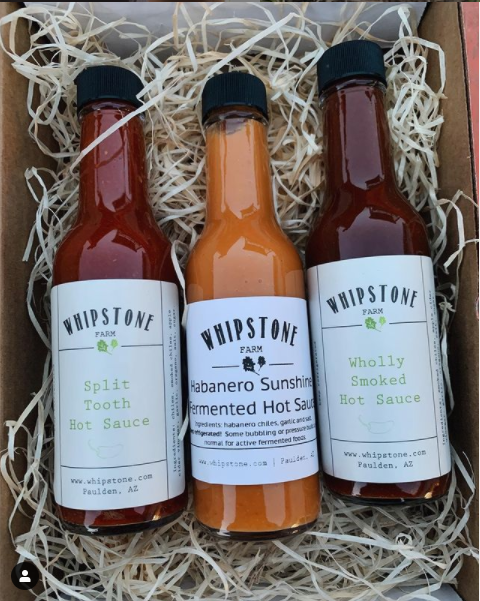
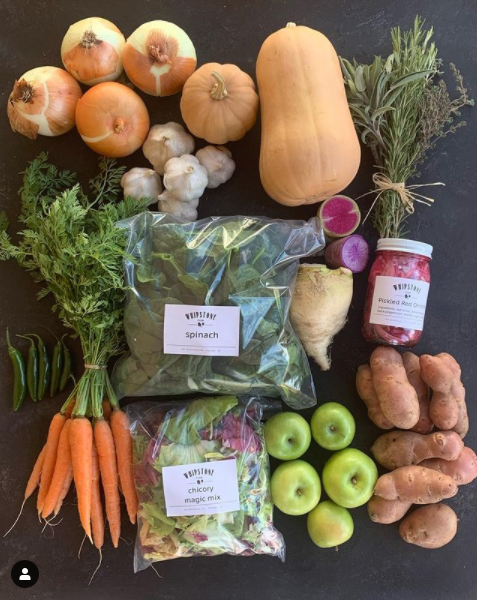
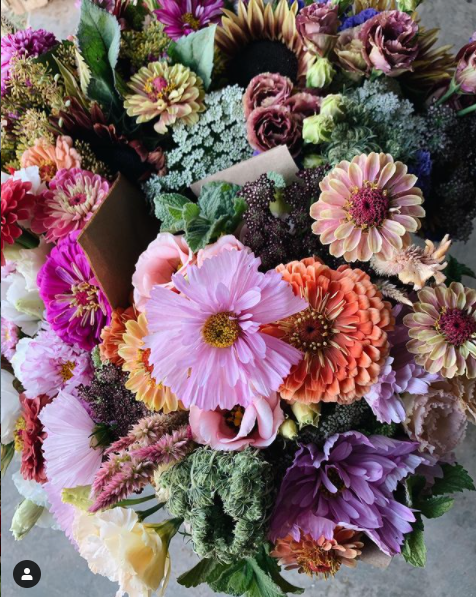
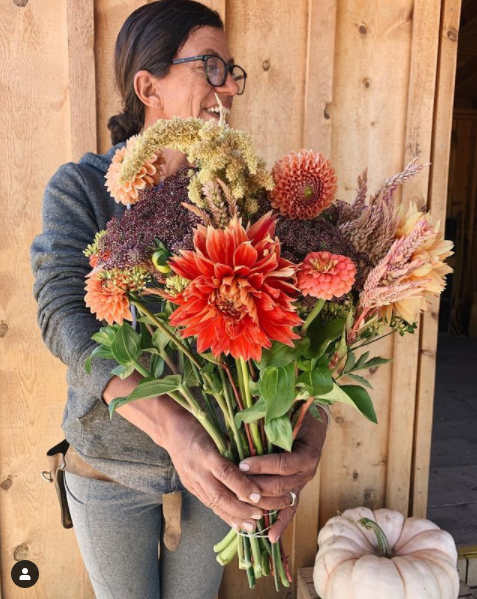
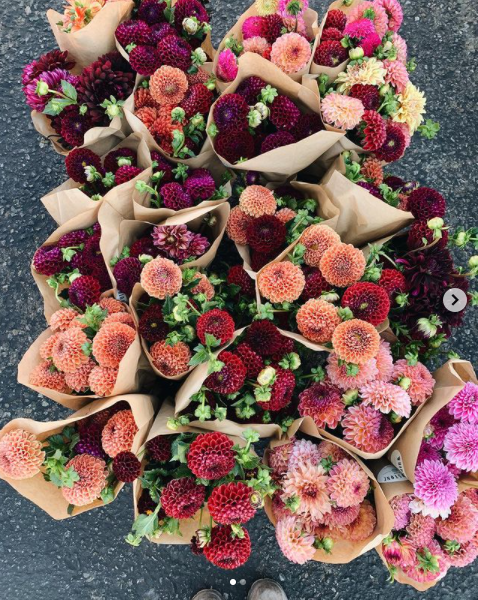
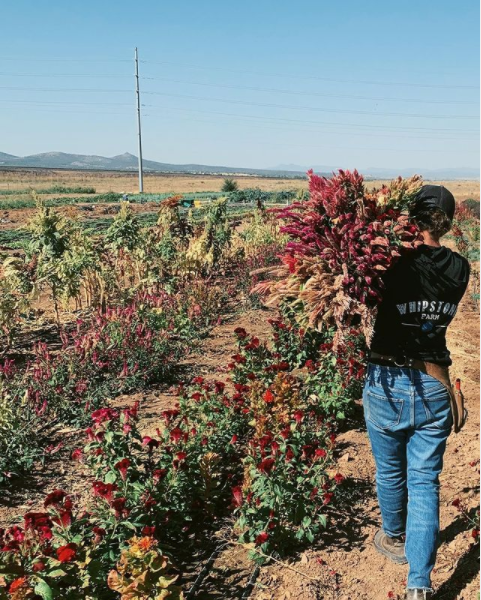
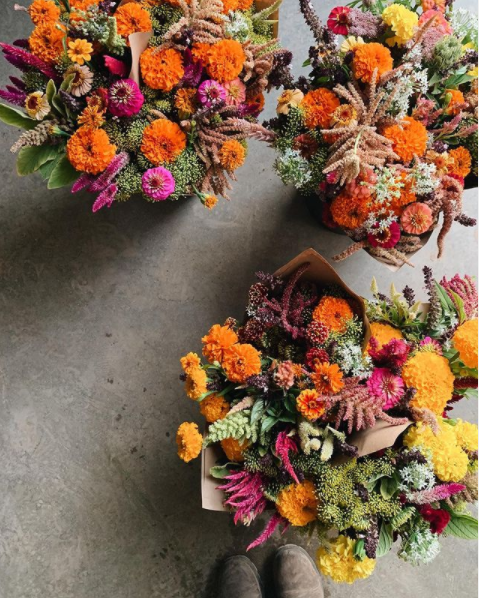
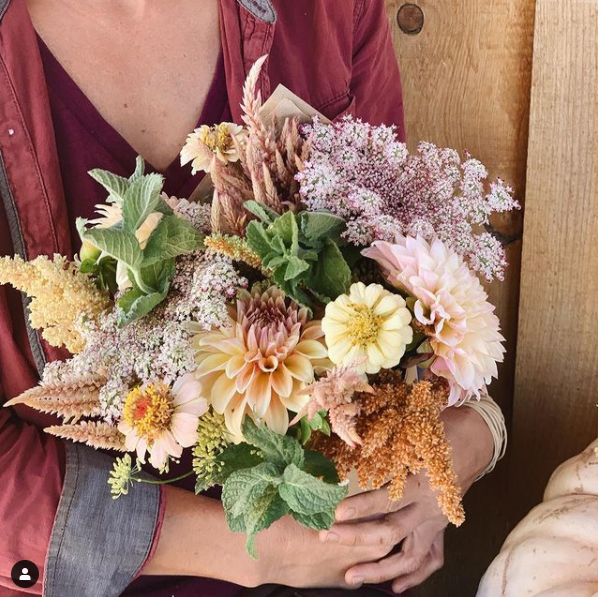
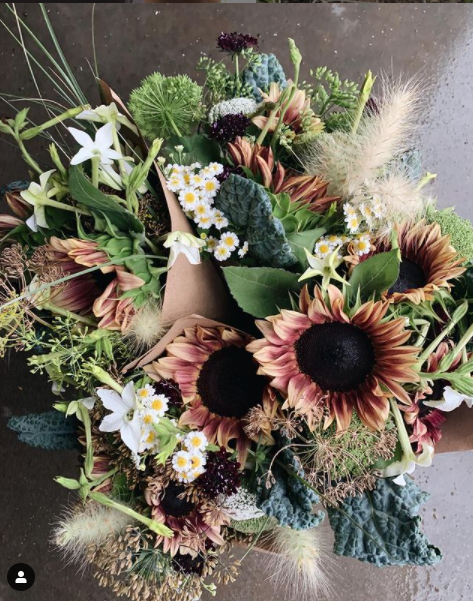
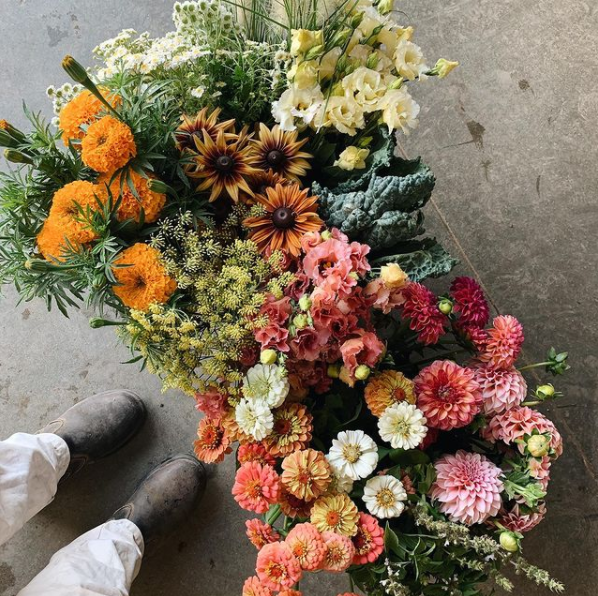
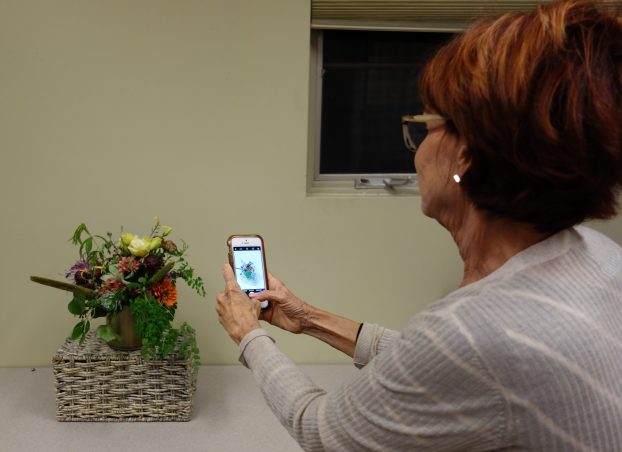
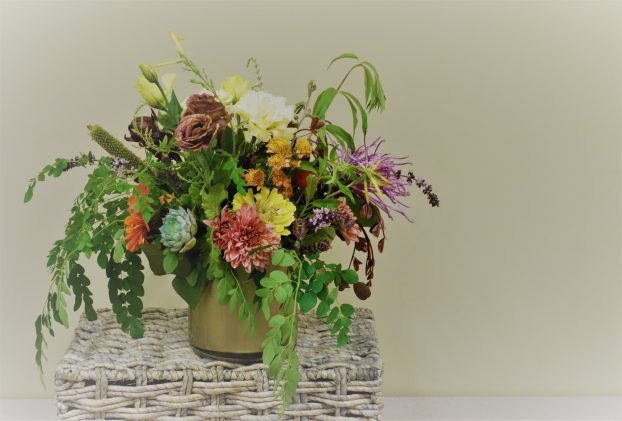
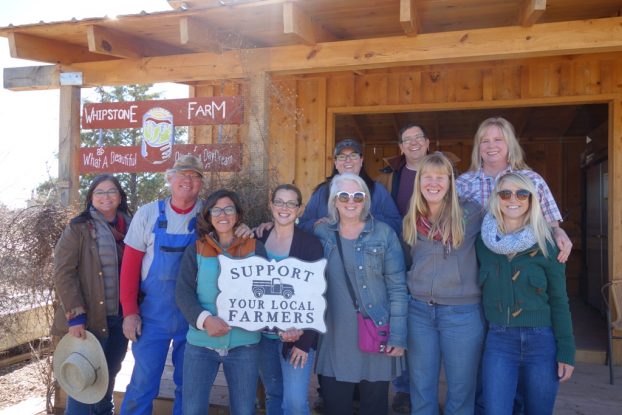
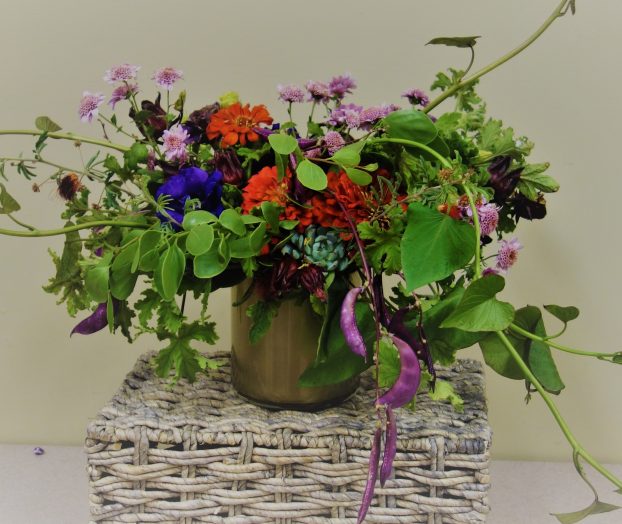
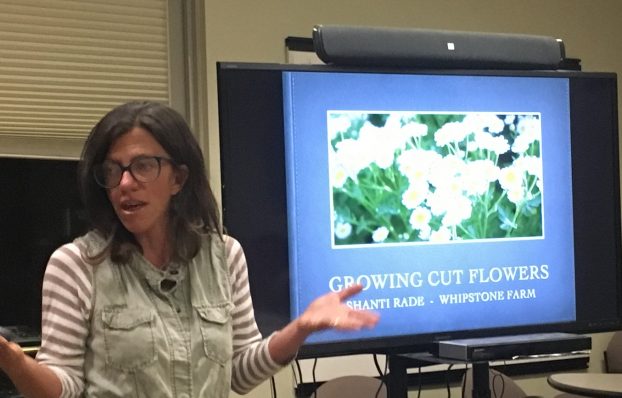
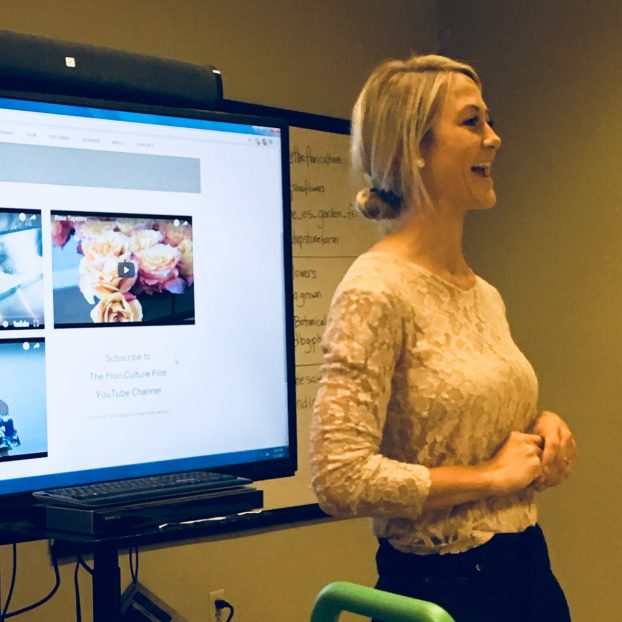
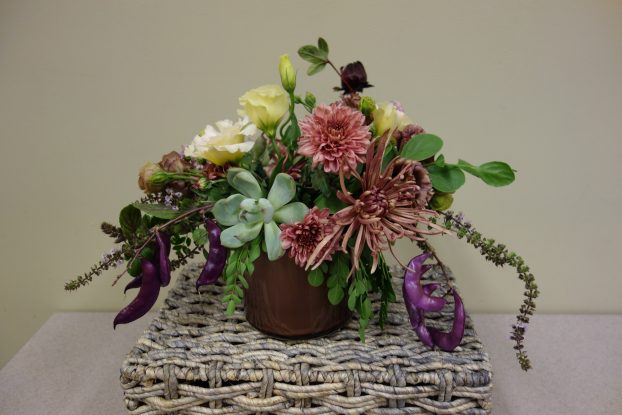
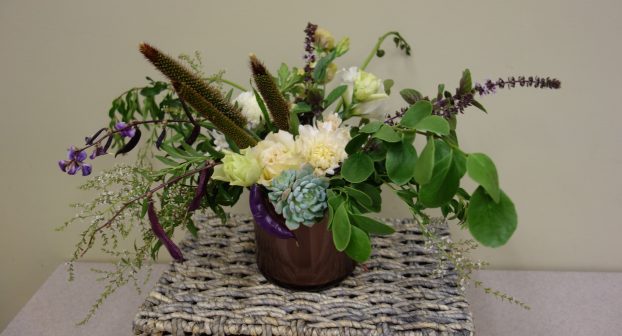
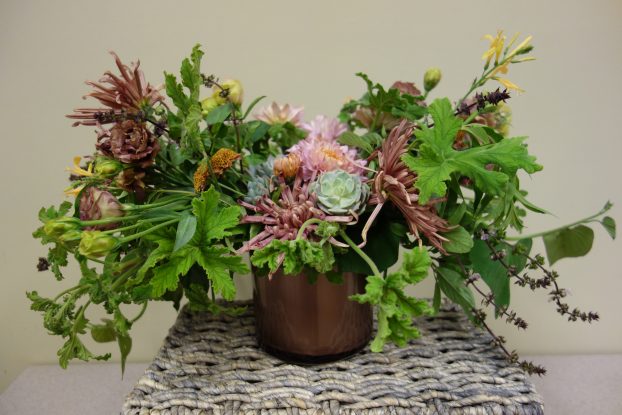
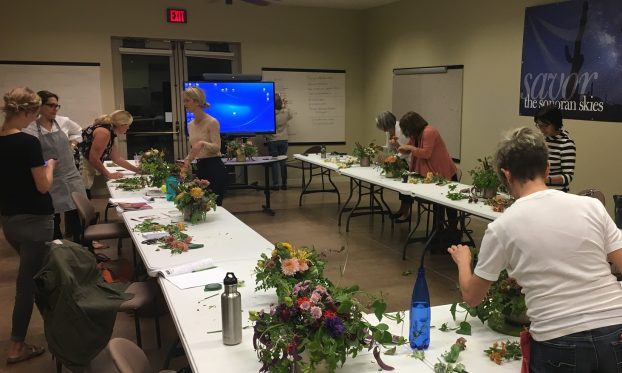
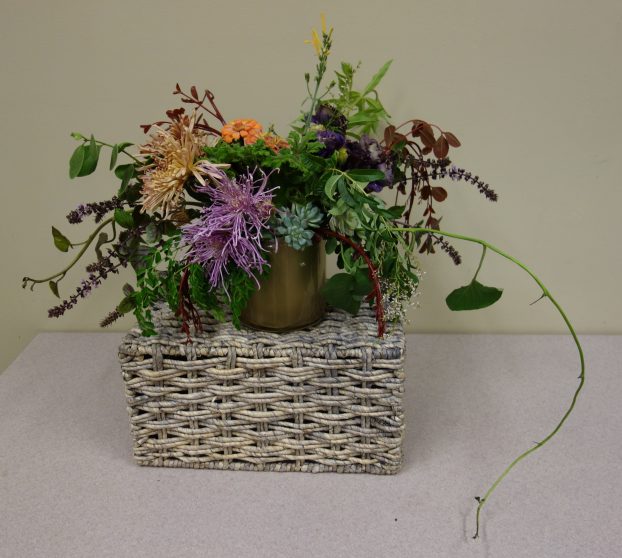
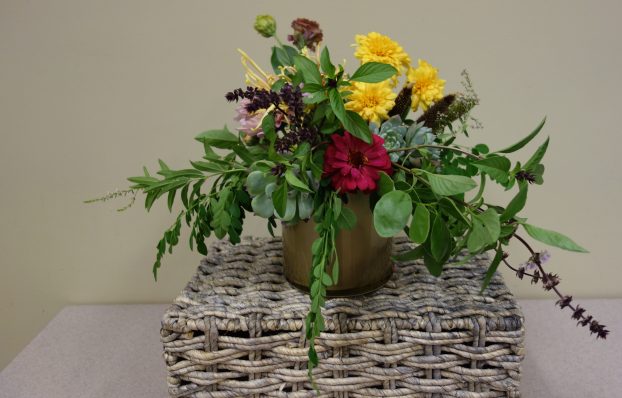 Julie
Julie